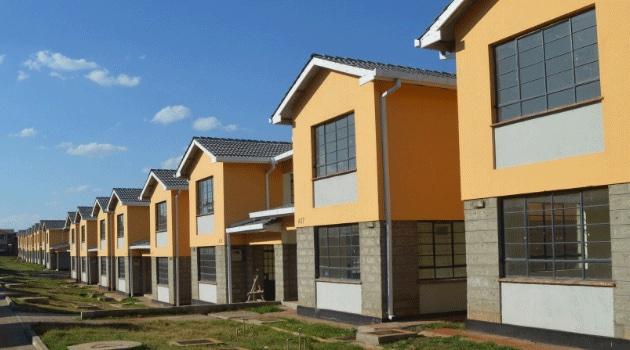The joint committees of Finance and Housing in the National Assembly have wrapped up their public engagement phase regarding the contentious Affordable Housing Bill, 2023.
Their 12th and final public participation session, held on Tuesday, focused heavily on discussions surrounding alternative funding methods for the project, aiming to alleviate the burden on an already heavily taxed population.
Tuesday’s session saw intense deliberations on the government’s ability to raise funds for the Affordable Housing Project without exacerbating the financial strain on citizens. Finance committee Chairman MP Kuria Kimani highlighted concerns about the proposed fund, emphasizing the need for a comprehensive approach, stating, “It requires a cocktail.”
Kenya Association of Stock Brokers and Investment Banks CEO Willy Njoroge echoed this sentiment, suggesting that the challenge of affordable housing demands a multifaceted solution. ICPAK Chairman Philip Kaikai proposed framing the initiative as a slum upgrading project, emphasizing the need to address specific housing needs in various regions.
READ ALSO: Kenya housing levy: Blow to William Ruto as court blocks tax
Tax lawyer Robert Kamwara emphasized the importance of proper public participation to ensure voluntary contributions, while the committee explored options beyond those initially outlined in the Bill. Notably, the utilization of a real estate investment trust was proposed as a viable financing alternative.
Finance Committee Vice Chair Benjamin Lang’at questioned the proposal’s potential impact on existing financial structures, seeking to understand how it aligns with the broader economic landscape. NSE’s Strategy, Risk, and Compliance Chief Officer David Irungu suggested that the real estate investment trust could surpass equity shares in raising funds.
Amid discussions, Kesses MP Julius Ruto raised concerns about ensuring broad participation, bridging the gap between various income groups. The session also saw critiques of the proposed allocation of funds to the National Housing Corporation, with calls for reconsideration and the inclusion of students as beneficiaries.
READ ALSO: Kenya Mortgage Refinance Company wins Africa Housing Finance Company of the year Award
With the conclusion of public input sessions, the joint committees are poised to meet with the Ministry of Housing on Wednesday to consolidate diverse views before drafting the final report for parliamentary debate.
The committee’s exploration of funding alternatives comes in response to a court declaration that elements of the affordable housing program’s financing were unconstitutional, prompting a search for viable options to facilitate the project.



